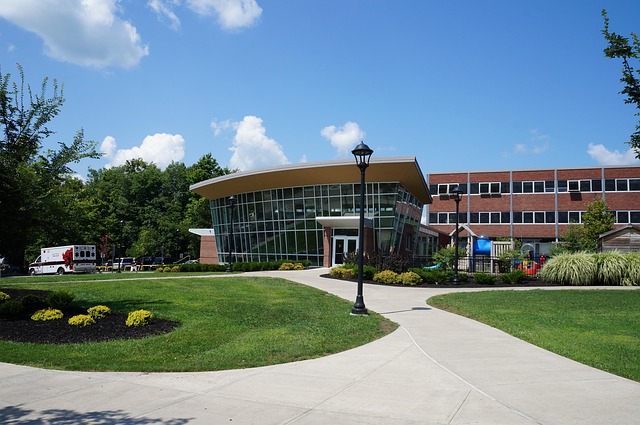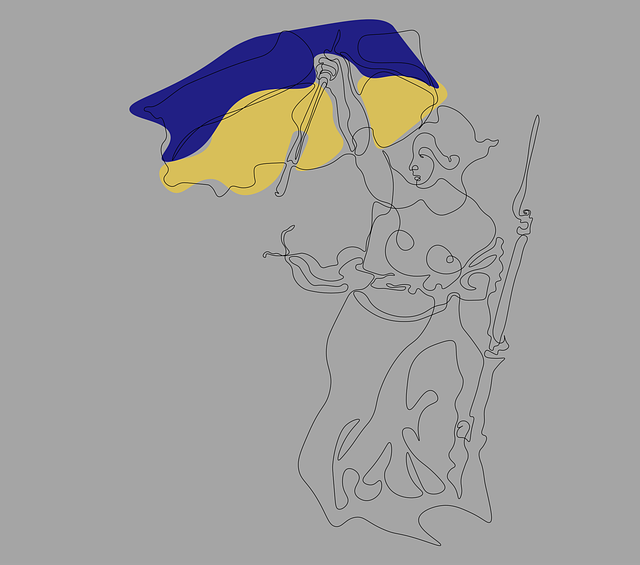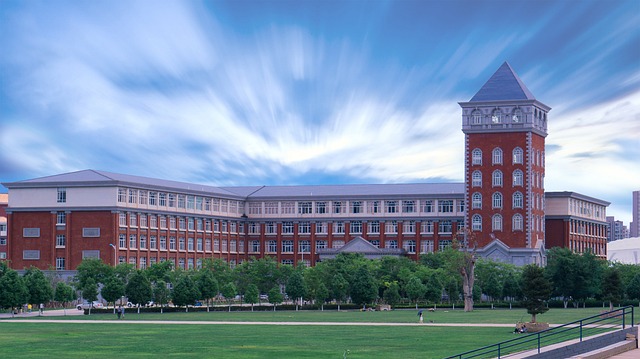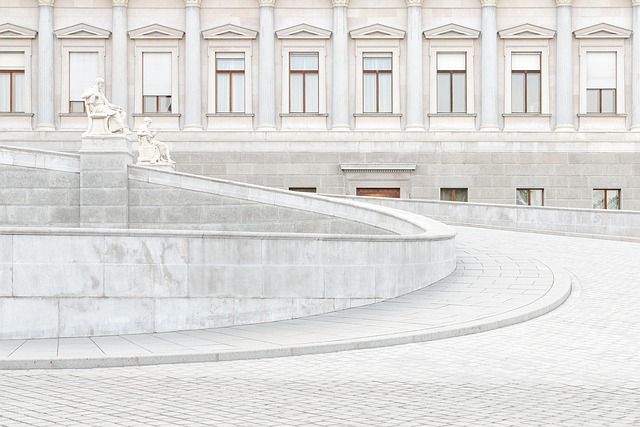The Great Depression profoundly transformed Eugene, Oregon's social and political landscape from the late 1920s to mid-1930s. Despite economic hardships, the city's residents displayed remarkable resilience through a thriving arts scene and community efforts in music, art, and literature. This period fostered unity, cemented Eugene's reputation as a hub for progressive thinking and artistic expression, and left an indelible mark on its cultural evolution. Post-depression initiatives like community gardens and cooperative businesses promoted self-sufficiency and community spirit, shaping Eugene into a resilient and innovative city known for its unique cultural evolution.
“In the 1930s, Eugene, Oregon, found itself at the heart of a global storm—the Great Depression. This period of profound economic hardship served as a pivotal moment in the city’s history, catalyzing significant social and cultural transformations. From its historical context to its lasting legacy, ‘Eugene: A City in Transition’ explores how the depression reshaped Eugene’s identity.
Delve into the intricate narrative of this challenging era, uncovering the city’s resilience and the profound influence it had on its artistic scene and community dynamics. Discover how Eugene’s experience reflects a broader cultural evolution during these tumultuous times.”
- The Historical Context: Unraveling the Great Depression
- Eugene: A City in Transition During the 1930s
- Cultural Impact: How Art and Literature Reflected the Times
- Social and Economic Changes: The Great Depression's Legacy on Eugene's Community
- Eugene's Recovery: Lessons Learned and the Evolution of a Resilient Culture
The Historical Context: Unraveling the Great Depression

The Great Depression, a profound global economic crisis, profoundly impacted societies worldwide from the late 1920s to the mid-1930s. This period marked a significant shift in social and political landscapes, shaping the future of nations, including the United States. In the context of Eugene, Oregon, this era was not just about numbers on a chart but a time when communities faced stark challenges and witnessed a cultural evolution.
The city, known for its vibrant arts scene and progressive ideals, was not immune to the harsh realities of the Depression. High unemployment rates, business closures, and reduced agricultural output hit hard, reshaping the local economy. Yet, amidst these hardships, Eugene’s residents displayed resilience and adaptability. The cultural spirit remained undeterred, with community efforts to preserve art, music, and literature thriving as a means of escapism and mutual support. This period became a pivotal moment in Eugene’s history, fostering a sense of unity and shaping the city’s character as a hub for progressive thinking and artistic expression during and after the Great Depression.
Eugene: A City in Transition During the 1930s
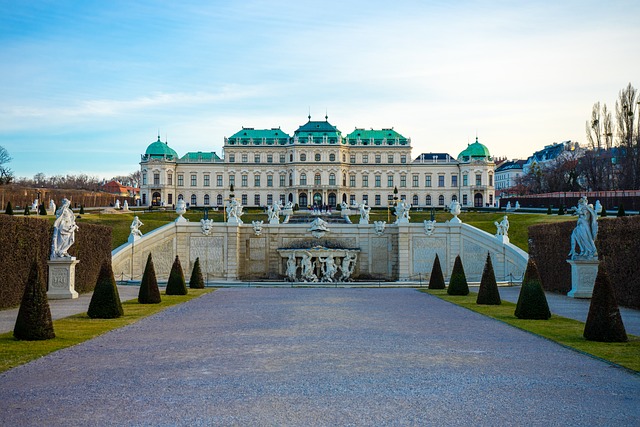
During the 1930s, Eugene experienced a significant period of transition, reflecting a broader cultural evolution across America as it grappled with the Great Depression. The city’s vibrant community found itself at a crossroads, adapting to the economic hardships while also embracing new ideas and opportunities. This era saw the rise of innovative social programs aimed at relief and recovery, many of which were initiated by forward-thinking local leaders. Eugene’s cultural landscape began to shift, too, as artists, writers, and musicians sought inspiration in the city’s unique atmosphere, contributing to a rich artistic output that still resonates today.
The period also marked a time of social activism, with citizens engaged in discussions about economic inequality and the role of government in supporting its vulnerable populations. This intellectual stir fueled a cultural rebirth, as Eugene’s diverse community came together to create a more resilient and inclusive society. The city’s historical architecture, preserved today, stands as a testament to this era’s resilience and determination, showcasing the evolution of Eugene into a thriving cultural hub amidst adversity.
Cultural Impact: How Art and Literature Reflected the Times
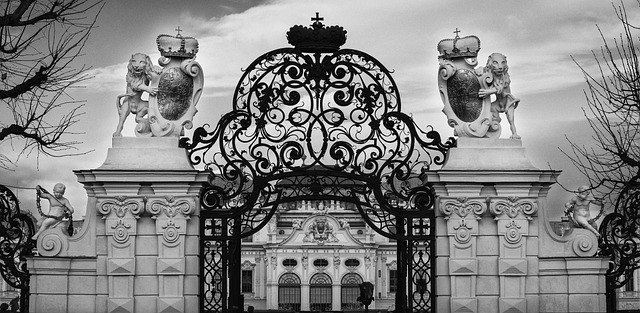
During the Great Depression, art and literature became powerful tools for expressing the despair and hope that defined the era. In the context of Eugene’s cultural evolution, artists and writers used their mediums to reflect and challenge the societal shifts occurring around them. The gloom of economic hardship was mirrored in dark, introspective paintings and poetry that delved into themes of loss, loneliness, and the human condition. Yet, amidst the despair, there was a persistent undercurrent of resilience and the desire for change, often woven into stories and visual art that celebrated the beauty of everyday life and the potential for renewal.
This dualistic narrative—despair and hope—echoed in Eugene’s artistic community, fostering a unique cultural evolution. Local artists and writers contributed to a national dialogue about the Great Depression, using their work to not only document but also shape public perception. Through art and literature, they offered a window into the human experience during this tumultuous time, leaving an indelible mark on Eugene’s cultural landscape that continues to resonate today.
Social and Economic Changes: The Great Depression's Legacy on Eugene's Community
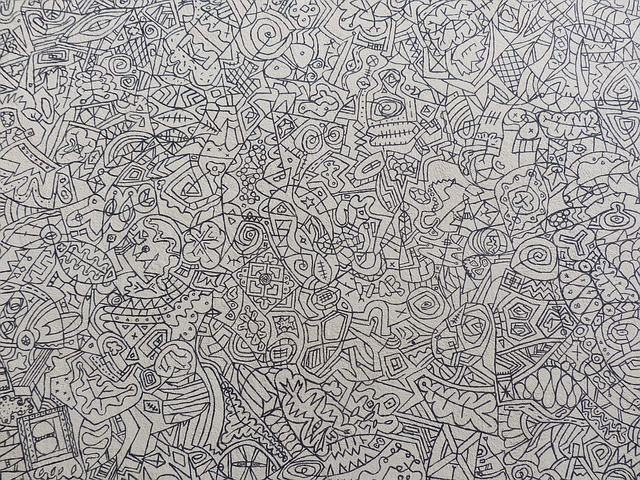
During the Great Depression, Eugene experienced profound social and economic shifts that left an indelible mark on its community. As the nation grappled with widespread unemployment and poverty, local residents faced similar challenges, prompting a collective effort to rebuild and rejuvenate their city. This period catalyzed a cultural evolution in Eugene, fostering a strong sense of resilience and community spirit.
The economic downturn led to significant changes in the social fabric of Eugene. Many families struggled to make ends meet, which prompted an outpouring of support from neighbors and local organizations. The depression’s legacy inspired innovative solutions, such as community gardens, cooperative businesses, and job-sharing programs. These initiatives not only provided practical assistance but also fostered a sense of unity and collective ownership, shaping Eugene’s cultural evolution into a resilient and supportive community.
Eugene's Recovery: Lessons Learned and the Evolution of a Resilient Culture

After the tumultuous years of the Great Depression, Eugene emerged with a resilient culture that became a beacon of hope and recovery. The community’s collective experience taught them the importance of unity and adaptability. Local initiatives, such as public works projects and cooperative farming, not only provided much-needed jobs but also fostered a sense of shared responsibility and resourcefulness among residents.
This period marked a significant shift in Eugene’s cultural evolution. People learned to value self-sufficiency, community support, and the power of grassroots movements. These lessons laid the foundation for future generations to navigate challenges with resilience and innovation, ensuring that Eugene remained a city that embraced progress while preserving its unique, resilient culture.










